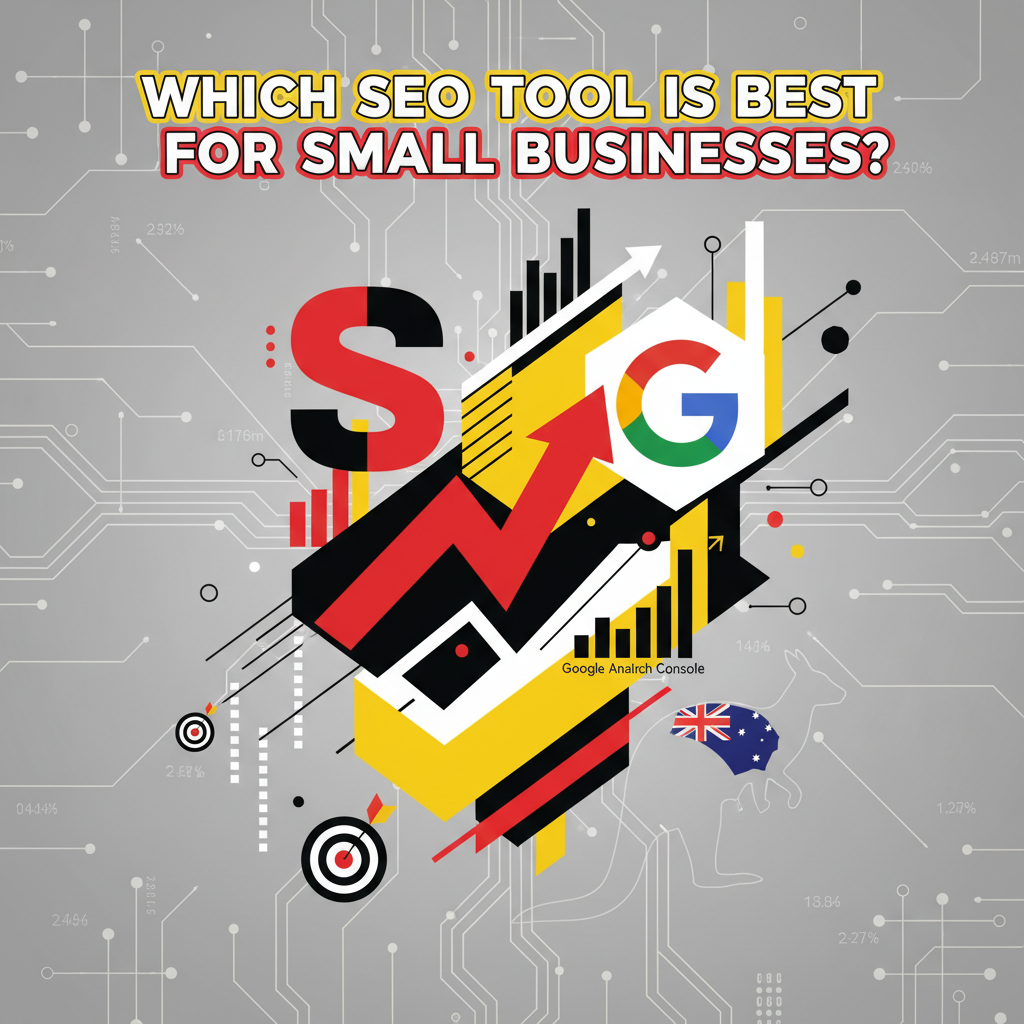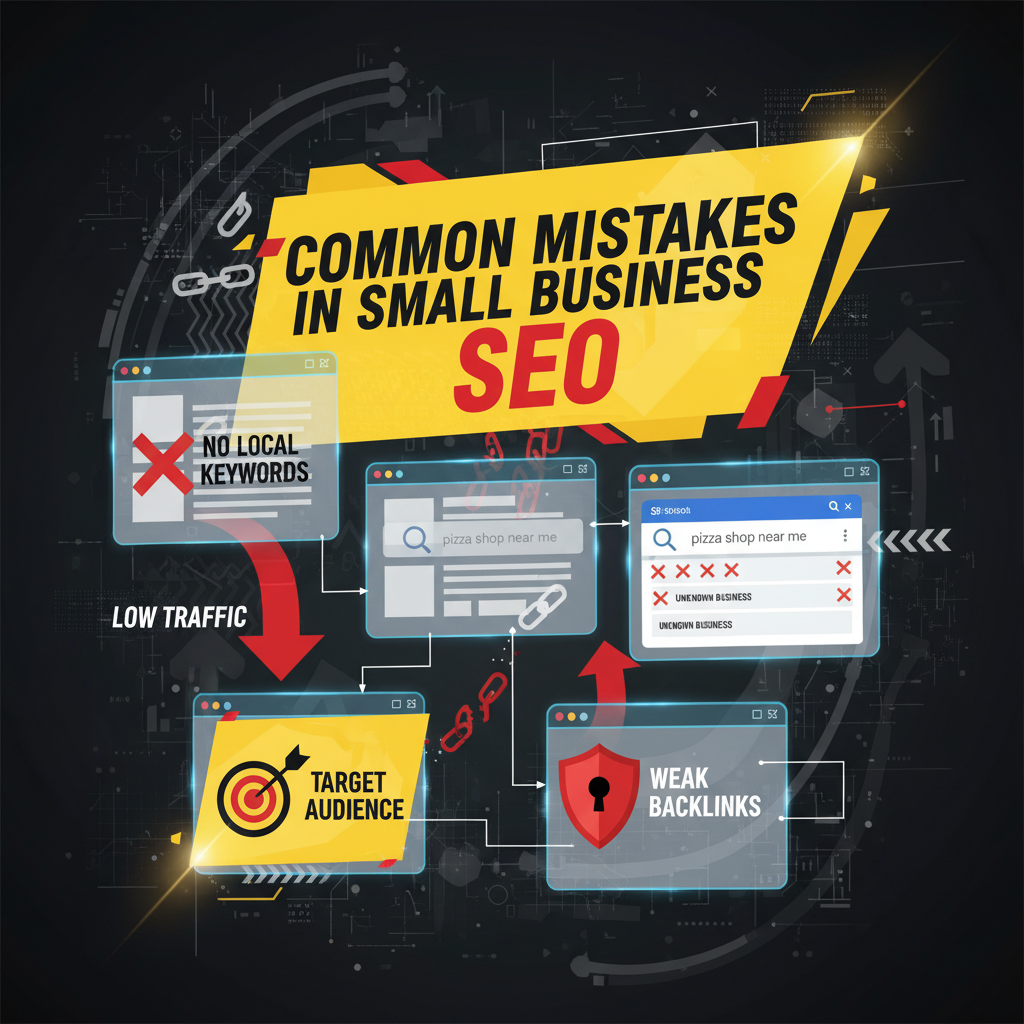

Running a small business can feel like a constant juggle, chasing leads, balancing budgets, and making sure your brand gets noticed. One question comes up time and again: Does SEO really work for small businesses? The short answer is yes, but the longer explanation is more nuanced. Search engine optimisation (SEO) isn’t a magic switch, but when done right, it’s one of the most powerful tools for boosting visibility and attracting the right audience online.
In this guide, we’ll break down common questions, key strategies, and practical examples to help you understand how search engine optimisation fits into your digital marketing.
SEO stands for search engine optimisation, the practice of improving your website so it shows up higher in search engine results. For a small business, it means tweaking your site, content, and online presence so potential customers can find you easily when they search for products or services you offer.
In plain terms, SEO helps a company:
It’s about being found online when people need you most.
Search engines have become the go-to place for people to find services, compare products, and make purchasing decisions. If your site isn’t showing up, your competitors will scoop up that audience. Making SEO a top priority is about ensuring your business website stays relevant and visible in local searches.
Yes, you can. Many business owners start their SEO journey by learning the basics of keyword research, meta tags, and content creation. With free tools and guidance, small business SEO can be DIY at the start. But as things grow, most find it worth paying someone to do SEO because professional services often deliver more consistent results.
Hiring a dedicated team or marketing agency for SEO services can feel like a big step, but it often pays off. An agency with a proven track record can handle technical SEO, content creation, and monthly reports, freeing you up to focus on running the business.

There’s no one-size-fits-all answer. Popular tools include:
The best tool depends on your SEO strategy and budget.
Costs vary. Some marketing agencies offer small business SEO services for a few hundred dollars per month, while others charge thousands depending on the complexity of your goals. It’s important to ask for transparent pricing and clear monthly reports before committing.
The 80/20 rule suggests that 80% of results often come from 20% of efforts. In SEO, this means focusing on the few key actions, like keyword research, creating relevant pages, and optimising your site speed, that generate the most impact.
A complete SEO strategy includes all four.
ChatGPT can assist with SEO content ideas, keyword suggestions, and even drafting online content. But while it helps create content, expert guidance is still needed to ensure SEO efforts meet best practices and ranking factors.
To optimise search engines for your business, you’ll need to:
You can start by learning the basics yourself, signing up for affordable SEO services, or working with a marketing agency. The key is consistency, SEO is not a one-off task, but an ongoing journey.
Small businesses often compete against medium sized businesses and large companies. SEO levels the playing field by helping you connect with potential customers right when they’re searching.
For small businesses in major cities like Sydney, Melbourne, and Brisbane, local SEO ensures you appear in local search results. This includes optimising Google My Business, using local keywords, and gaining reviews from customers.
Technical SEO keeps your site running smoothly. From fixing broken links to improving page speed, it ensures your site performs well for both users and search engines.
SEO is one part of digital marketing. Combined with social media, Google Ads, and website design services, SEO strengthens your overall web presence.
Imagine a plumber in Melbourne. Without SEO, their business website sits on page five of Google, barely noticed. With local SEO, targeted keywords, and improved site design, the same plumber can rank higher, draw more traffic, and increase sales.
Good SEO relies on quality website design services. A clean layout, fast page speed, and easy navigation improve user experience and help your site rank higher.
Most searches now happen on mobile devices. If your site isn’t mobile-friendly, you’ll lose traffic. Optimising for mobile is no longer optional.
Google Ads and paid ads can deliver quick wins, but they stop once you stop paying. SEO efforts build organic traffic over time, creating a long-term solution.

SEO isn’t just about keywords. Creating relevant, engaging content that answers customer questions is what keeps people on your page and signals to Google that your site deserves a higher ranking.
Links from other sites act as votes of confidence. The more reputable websites that link back to your business website, the stronger your SEO.
Adding schema markup helps search engines understand your site better. It can also improve how your pages appear in search results, with features like star ratings or FAQs.
SEO works best when you balance creating new pages with updating old content. Fresh content keeps your site relevant, while updates ensure existing pages stay competitive.
SEO is a journey, not a sprint. It can take months to see results, but the long-term benefits, more traffic, better search engine rankings, and increased sales, make it worthwhile.
SEO isn’t about chasing everyone online. It’s about connecting with the right audience, people who are actually interested in your services or products.
While social media doesn’t directly impact ranking factors, it does amplify your online content, drive traffic, and build brand awareness, all of which support SEO strategy.
While DIY SEO is possible, a dedicated team from a marketing agency can save you hours. With expert guidance, they handle technical SEO, keyword research, and digital marketing integration.
Monthly reports show where your site stands, highlight improvements, and pinpoint areas needing attention. They’re essential for tracking SEO efforts and proving ROI.
While the fundamentals are the same, medium sized businesses may need larger budgets, more complex site structures, and dedicated SEO teams. Small business SEO is often more nimble and focused on local search results.

Affordable SEO doesn’t mean cutting corners. With smart planning, you can combine organic traffic strategies, free SEO tools, and low-cost services to see real results.
SEO may seem overwhelming at first, but it’s one of the most valuable digital marketing tools for a small business. From creating relevant pages to improving technical SEO, every effort builds towards a stronger online presence.
When you ask yourself questions like Does SEO really work for small businesses? or Can I do SEO on my own?, the answer is that SEO does work, if you stick with it. With the right strategy, expert guidance where needed, and consistent effort, your business can rank higher, attract more traffic, and connect with the right audience.